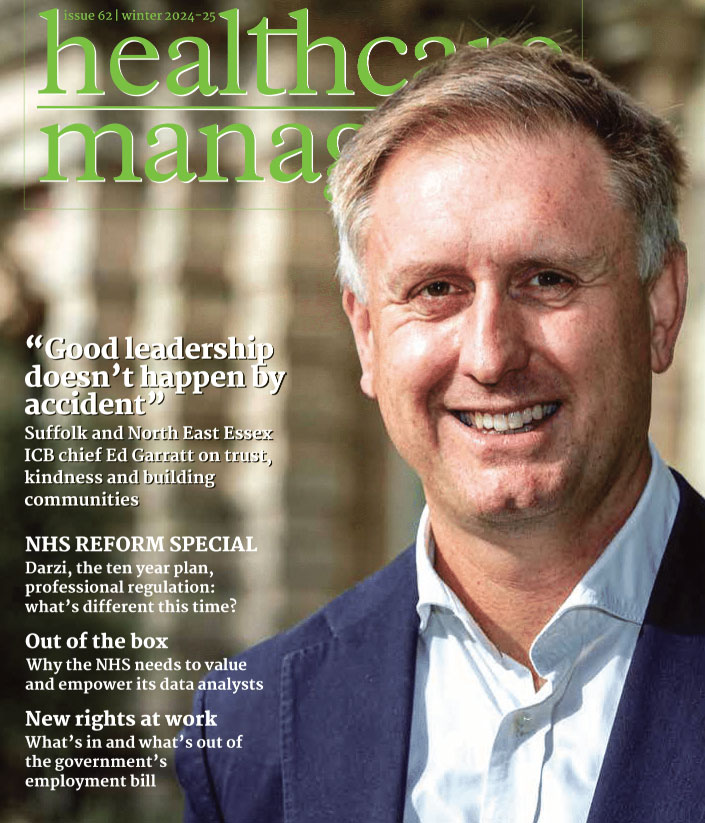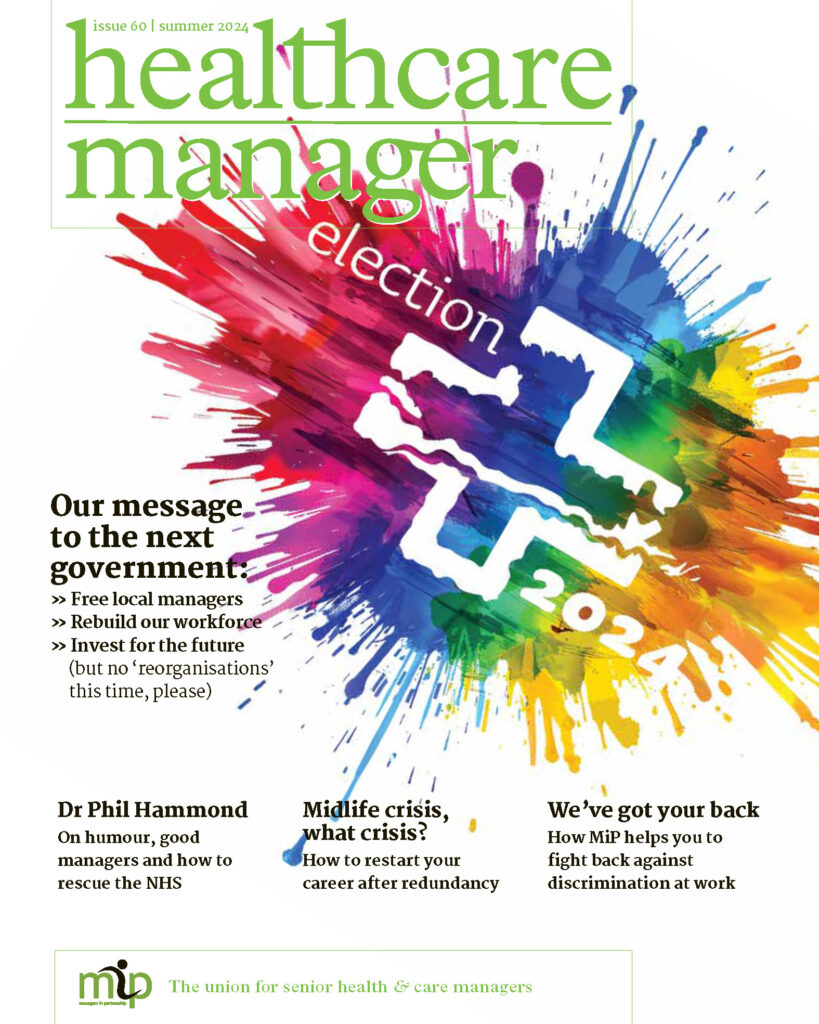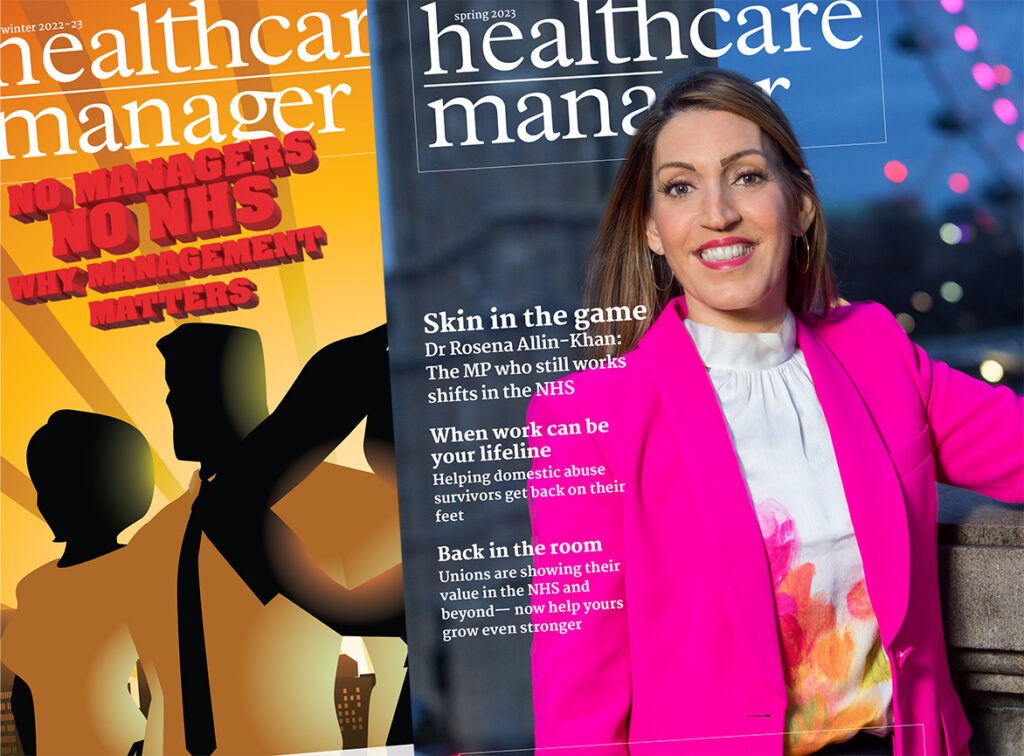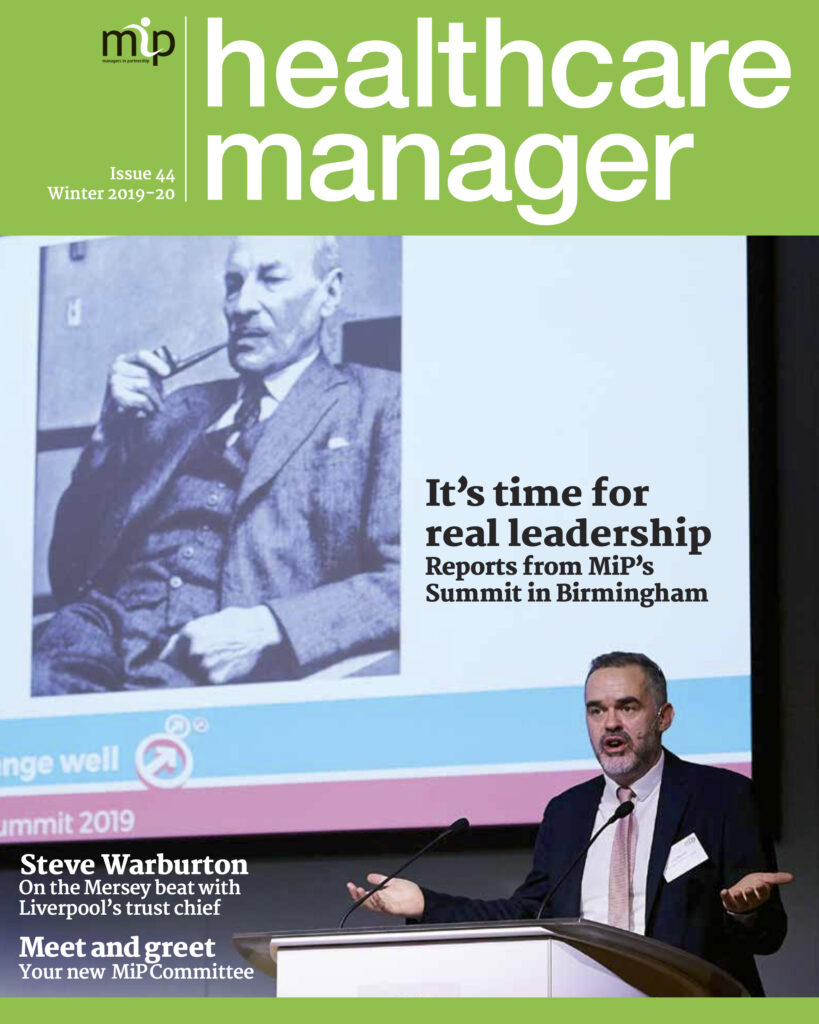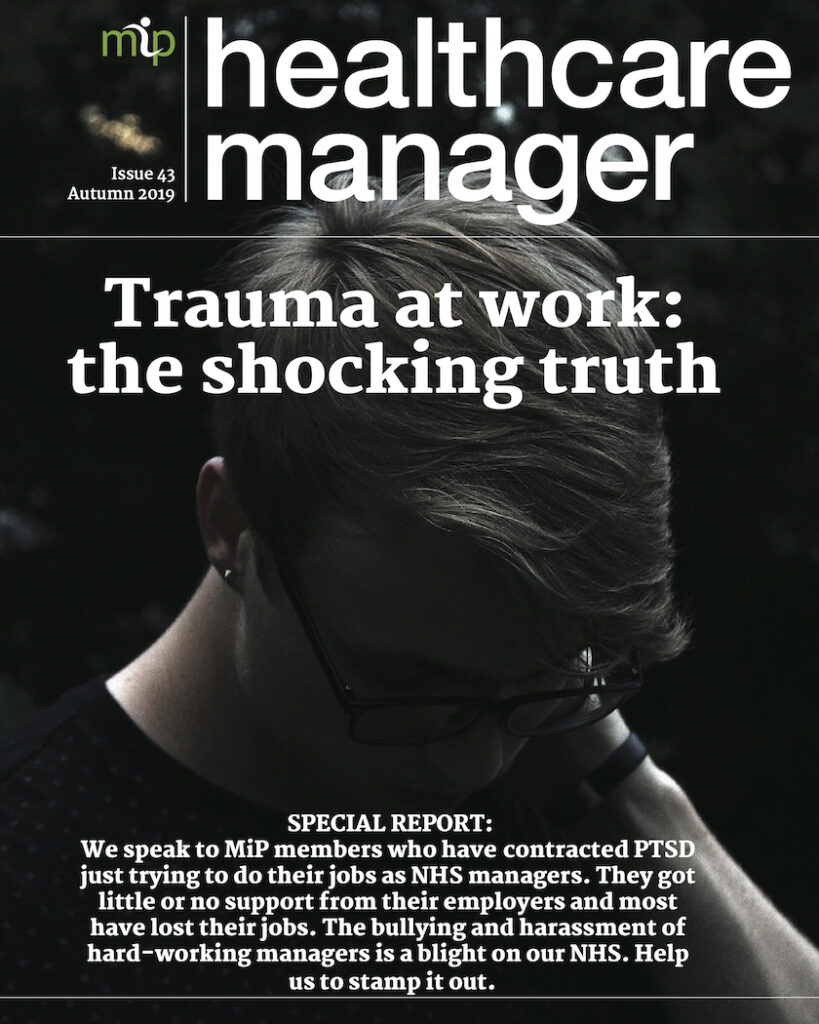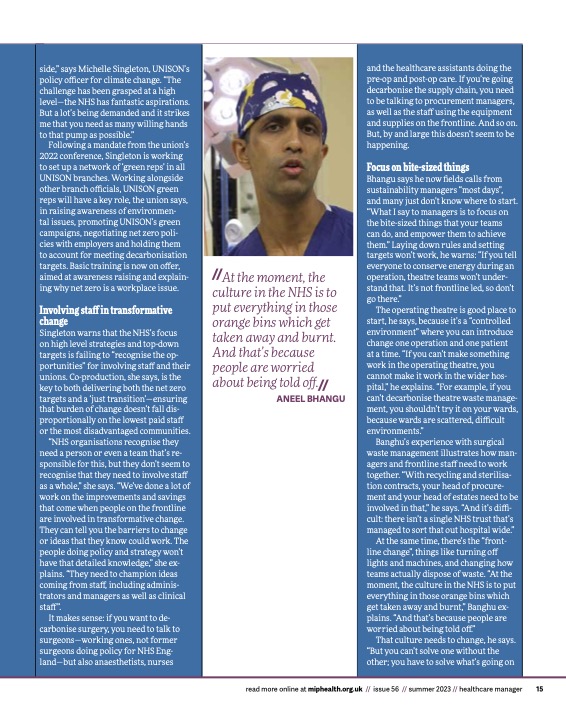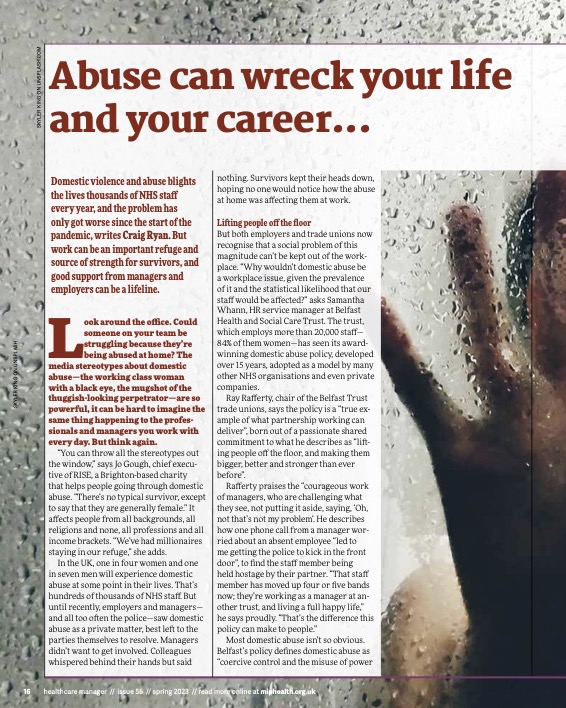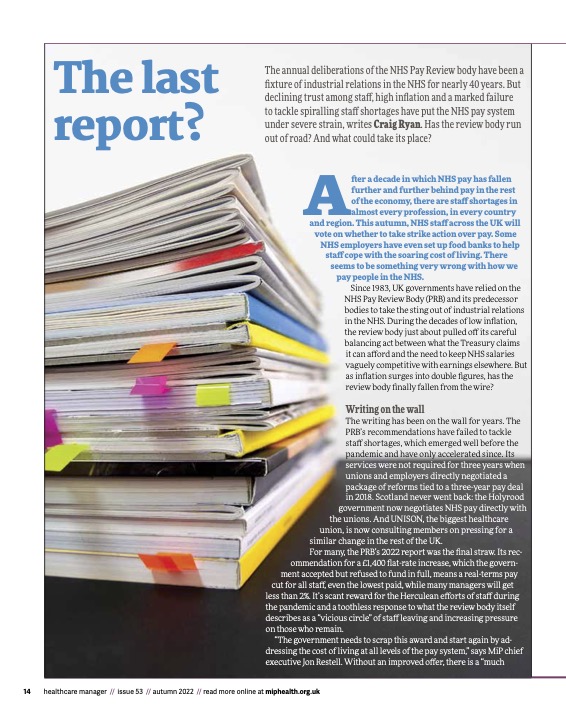With one in five working-age Brits out of work and not even looking for a job, ministers are very worried about Britain’s ‘economic inactivity crisis’. People drop out of working life for all sorts of reasons, but the biggest is ill-health — people on long-term sick leave or claiming various state disability or incapacity benefits.
This costs a lot of money: around £212 billion a year in lost output, welfare payments and NHS costs (that’s 70% of the income tax Brits pay every year) according to official statistics. On top of that, ill-health and sick leave costs employers £85 billion every year.
And it’s getting worse. 800,000 more people are off work with health problems than before the pandemic and another 600,000 are set to join them by the end of the decade.
So along comes former John Lewis boss Sir Charlie Mayhew with his independently-produced report for the Department of Work and Pensions, chirpily entitled, Keep Britain Working.
Economic inactivity is a ‘serious but fixable problem’ says Charlie. ‘We’ve ended up in a situation that no one wants, that is neither sustainable nor necessary.’
He proposes a new partnership between government, employers, trade unions and the NHS to develop a ‘healthy working lifecycle’: an agreed set of standards on workplace health and disability across the UK. There are a whole raft of other measures including changing the benefits system to encourage people back to work and reform of the UK’s ludicrous ‘fit note’ system, which has never really worked since it replaced ‘sick notes’ in 2010.
The report doesn’t set targets, but in his intro bit Charlie talks about raising the UK’s employment rate to the average (80%) for advanced Western economies — that means adding another two million people to the UK workforce.
It’s a thorough and thoughtful piece of work. But my worry is that even if all this does get millions more people looking for work, we’re going to run smack into another problem that could be just as hard to solve.
Where are these two million jobs coming from?
Many, probably most, people on long-term sick or disability will be older, experienced workers. You only have to spend five minutes on the socials to see that these workers are really struggling to find work. Linked In is full of people of a certain age (around mine) who talk about little else.
If you’re looking for harder evidence, try here on employment rates, here on older-worker unemployment or here on age discrimination. Or just ask anyone over 50 who’s looking for work.
The rush to replace human beings with AI, which is still accelerating even as evidence of the technology’s limitations and costliness proliferates, isn’t going to help either. AI — or more accurately expectations about AI — is cutting a swathe through exactly the kind of office-based, information gathering and processing jobs most likely to be suitable for people coming back from long-term sick.
How can we expect people recovering from mental or physical health problems to see themselves as ‘fit for work’ if employers tell them over and over again that they’re not — that they’re too old, too experienced or ‘not the right fit’ for the jobs available? Endless rejections by an AI bot or, worse still, being continually ghosted after putting a lot of effort into applying for jobs isn’t going to do a whole lot of good for your mental health.
Maybe it was outside Charlie’s remit, but the report doesn’t seem to deal with this at all. Incentivising employers to invest in workplace health and ‘return-to-work’ plans for sick workers is great, but it won’t help much if there are no jobs for people to go back to.
Tackling the supply side of this problem but ignoring the demand side will just create more ‘statistical’ unemployment and lead to more misery. Unless we do something as a society to create more jobs — real jobs for human beings, not machines — we’re just setting up people to fail.

